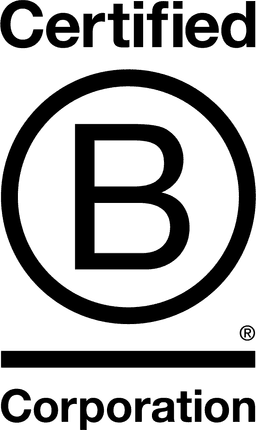

Emeis Cosmetics Pty Ltd (Trading as Aesop)

Victoria, Australia
October 2020
Personal care products
Wholesale/Retail
Australia
Aesop was established in Melbourne in 1987. Their objective has always been to formulate products of the finest quality. This includes skin, body and hair care, as well as fragrance and accessories for self and space. Their formulations are vegan and have Leaping Bunny certification in recognition of a belief in supporting animal causes and underscored by the fact that they have never tested their products or ingredients on animals. Informed by a 30-year legacy of nourishing our communities, their philanthropic endeavours involve partnering with charities that amplify the voices of those who may not otherwise have a platform, with a particular emphasis on the development of literacy. Since its launch in 2017, the Aesop Foundation has committed more than $6.0m AUD to local partners. 20,000 hours of community volunteering was conducted by employees in 2019 and during the COVID-19 pandemic in 2020 Aesop donated in excess of $3.4m of products to support communities, medical staff and services supporting family violence survivors. Aesop, along with Natura, The Body Shop and Avon, is part of Natura &Co, a global, multi-channel and multi-brand cosmetics group that is committed to generating positive economic, social and environmental impact.
Overall B Impact Score
Governance 10.5
Governance evaluates a company's overall mission, engagement around its social/environmental impact, ethics, and transparency. This section also evaluates the ability of a company to protect their mission and formally consider stakeholders in decision making through their corporate structure (e.g. benefit corporation) or corporate governing documents.
What is this? A company with an Impact Business Model is intentionally designed to create a specific positive outcome for one of its stakeholders - such as workers, community, environment, or customers.
Workers 21.2
Workers evaluates a company’s contributions to its employees’ financial security, health & safety, wellness, career development, and engagement & satisfaction. In addition, this section recognizes business models designed to benefit workers, such as companies that are at least 40% owned by non-executive employees and those that have workforce development programs to support individuals with barriers to employment.
Community 24.7
Community evaluates a company’s engagement with and impact on the communities in which it operates, hires from, and sources from. Topics include diversity, equity & inclusion, economic impact, civic engagement, charitable giving, and supply chain management. In addition, this section recognizes business models that are designed to address specific community-oriented problems, such as poverty alleviation through fair trade sourcing or distribution via microenterprises, producer cooperative models, locally focused economic development, and formal charitable giving commitments.
What is this? A company with an Impact Business Model is intentionally designed to create a specific positive outcome for one of its stakeholders - such as workers, community, environment, or customers.
Environment 23.6
Environment evaluates a company’s overall environmental management practices as well as its impact on the air, climate, water, land, and biodiversity. This includes the direct impact of a company’s operations and, when applicable its supply chain and distribution channels. This section also recognizes companies with environmentally innovative production processes and those that sell products or services that have a positive environmental impact. Some examples might include products and services that create renewable energy, reduce consumption or waste, conserve land or wildlife, provide less toxic alternatives to the market, or educate people about environmental problems.
What is this? A company with an Impact Business Model is intentionally designed to create a specific positive outcome for one of its stakeholders - such as workers, community, environment, or customers.
Customers 3.9
Customers evaluates a company’s stewardship of its customers through the quality of its products and services, ethical marketing, data privacy and security, and feedback channels. In addition, this section recognizes products or services that are designed to address a particular social problem for or through its customers, such as health or educational products, arts & media products, serving underserved customers/clients, and services that improve the social impact of other businesses or organizations.